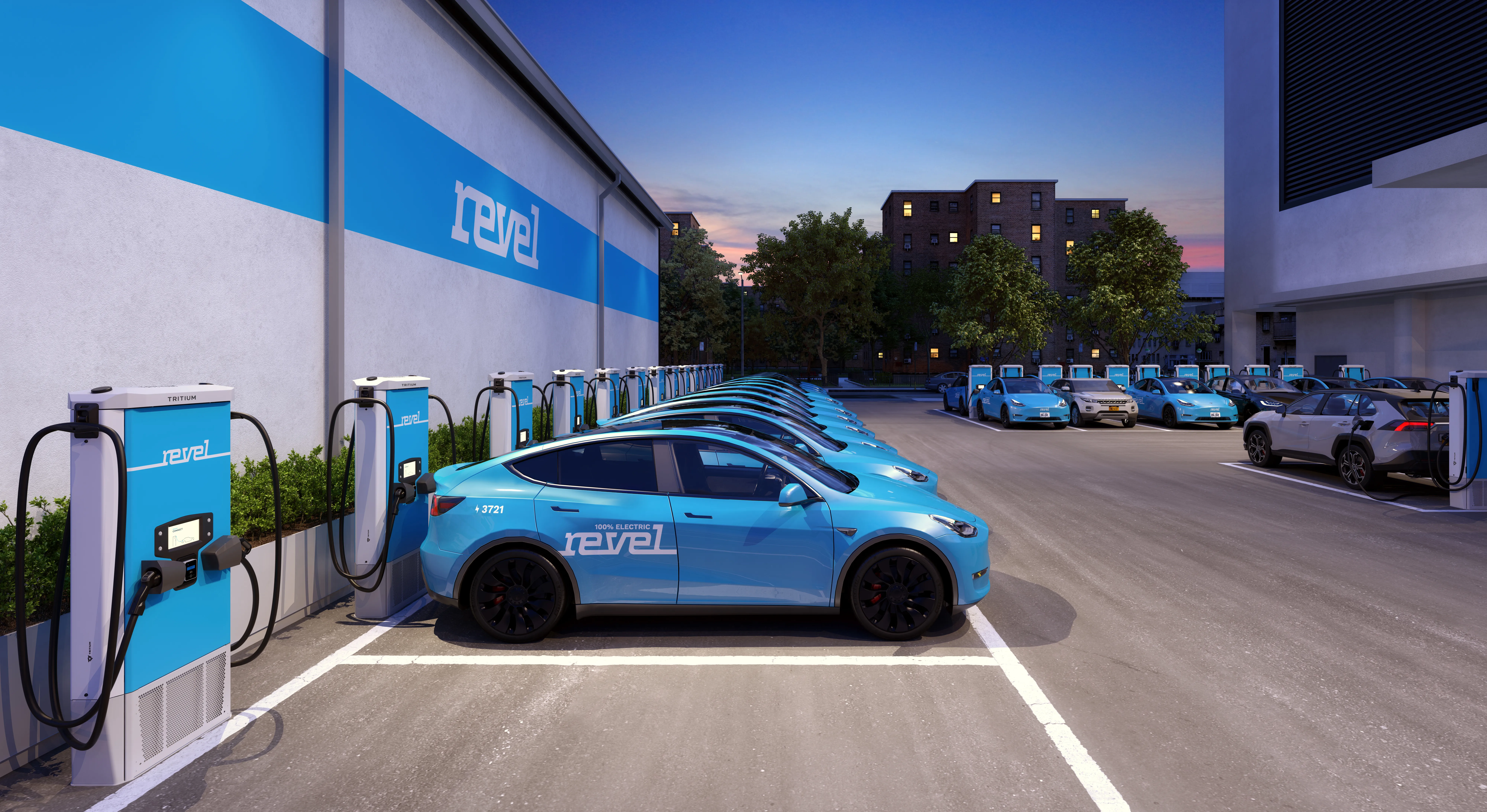According to Markets and Markets’ latest market research report, the electric vehicle (EV) charging station market is estimated to reach US$12.61 Billion by 2022, at a CAGR of 29.8 per cent between 2016 and 2022.
Factors which are driving the electric vehicle charging stations market include government subsidies and incentives, increasing use of EVs, and the growing need to reduce carbon emissions.
The US Environmental Protection Agency (EPA) categorises battery electric vehicles (BEVs) as zero-emissi
April 1, 2016
Read time: 3 mins
According to Markets and Markets’ latest market research report, the electric vehicle (EV) charging station market is estimated to reach US$12.61 Billion by 2022, at a CAGR of 29.8 per cent between 2016 and 2022.
Factors which are driving the electric vehicle charging stations market include government subsidies and incentives, increasing use of EVs, and the growing need to reduce carbon emissions.
The US Environmental Protection Agency (EPA) categorises battery electric vehicles (BEVs) as zero-emission vehicles because they produce no direct emissions. BEVs use no other fuel the widespread use of these vehicles could significantly reduce petroleum consumption. In addition, BEVs have several other advantages such as comparatively longer driving range than PHEVs, smooth operation, stronger acceleration, and less maintenance than ICEs.
The report claims that AC charging stations are expected to hold the largest share of the electric vehicle charging stations market during the forecast period. AC chargers are less expensive, convenient, and require less modification or upgrades as they work on 120V or 240 V AC, which is same as that used for residences. Thus, a majority of EV owners prefer AC chargers over DC fast chargers.
According to the report, demand for public charging stations is increasing. These public charging stations are located at on-street parking lots, taxi stands, retail stores, government offices and work-place parking lots, hotels, airports, shopping malls, fast food restaurants and coffee shops. Some public charging stations offer free charging and others could charge a fee.
APAC is expected to lead the electric vehicle charging stations market between 2016 and 2022. The growth is attributed to high EV infrastructure spending and the increasing use of electric vehicles to reduce greenhouse gas emissions. Further, governments in the region are investing a large amount for the R&D related to EVs and the expansion of the charging infrastructure as a key for a transformation to a ‘low carbon society’.
The report categorises the electric vehicle market on the basis of vehicle type and region and describes the electric vehicle battery market on the basis of types. It categorises the global electric vehicle charging station market based on charging station, connector type, location and region and describes the drivers, restraints, opportunities, and challenges for market growth. The Porter's five forces analysis has been included in the report with a description of each of its forces and their respective impact on the electric vehicle charging station market.
Factors which are driving the electric vehicle charging stations market include government subsidies and incentives, increasing use of EVs, and the growing need to reduce carbon emissions.
The US Environmental Protection Agency (EPA) categorises battery electric vehicles (BEVs) as zero-emission vehicles because they produce no direct emissions. BEVs use no other fuel the widespread use of these vehicles could significantly reduce petroleum consumption. In addition, BEVs have several other advantages such as comparatively longer driving range than PHEVs, smooth operation, stronger acceleration, and less maintenance than ICEs.
The report claims that AC charging stations are expected to hold the largest share of the electric vehicle charging stations market during the forecast period. AC chargers are less expensive, convenient, and require less modification or upgrades as they work on 120V or 240 V AC, which is same as that used for residences. Thus, a majority of EV owners prefer AC chargers over DC fast chargers.
According to the report, demand for public charging stations is increasing. These public charging stations are located at on-street parking lots, taxi stands, retail stores, government offices and work-place parking lots, hotels, airports, shopping malls, fast food restaurants and coffee shops. Some public charging stations offer free charging and others could charge a fee.
APAC is expected to lead the electric vehicle charging stations market between 2016 and 2022. The growth is attributed to high EV infrastructure spending and the increasing use of electric vehicles to reduce greenhouse gas emissions. Further, governments in the region are investing a large amount for the R&D related to EVs and the expansion of the charging infrastructure as a key for a transformation to a ‘low carbon society’.
The report categorises the electric vehicle market on the basis of vehicle type and region and describes the electric vehicle battery market on the basis of types. It categorises the global electric vehicle charging station market based on charging station, connector type, location and region and describes the drivers, restraints, opportunities, and challenges for market growth. The Porter's five forces analysis has been included in the report with a description of each of its forces and their respective impact on the electric vehicle charging station market.







